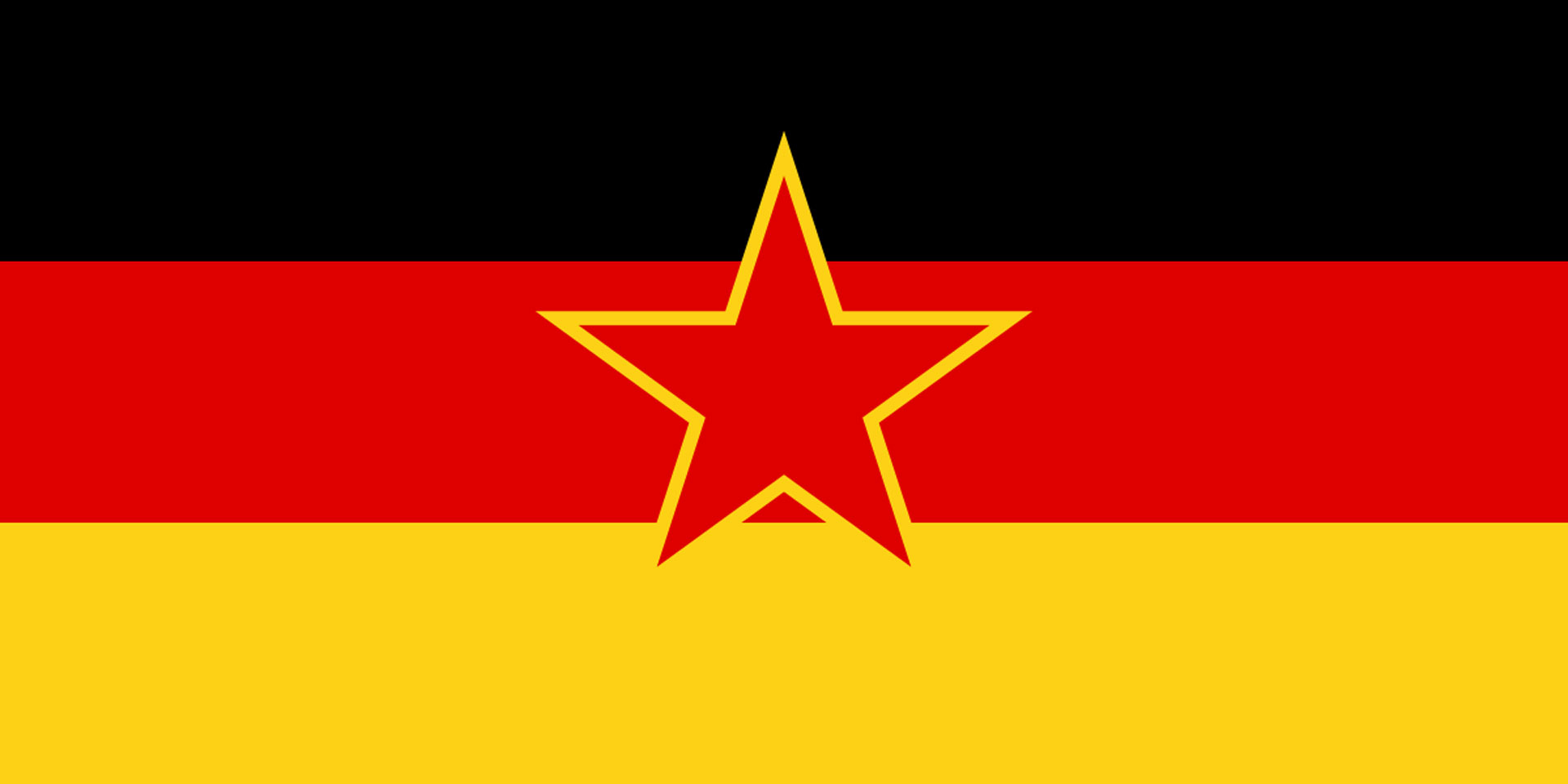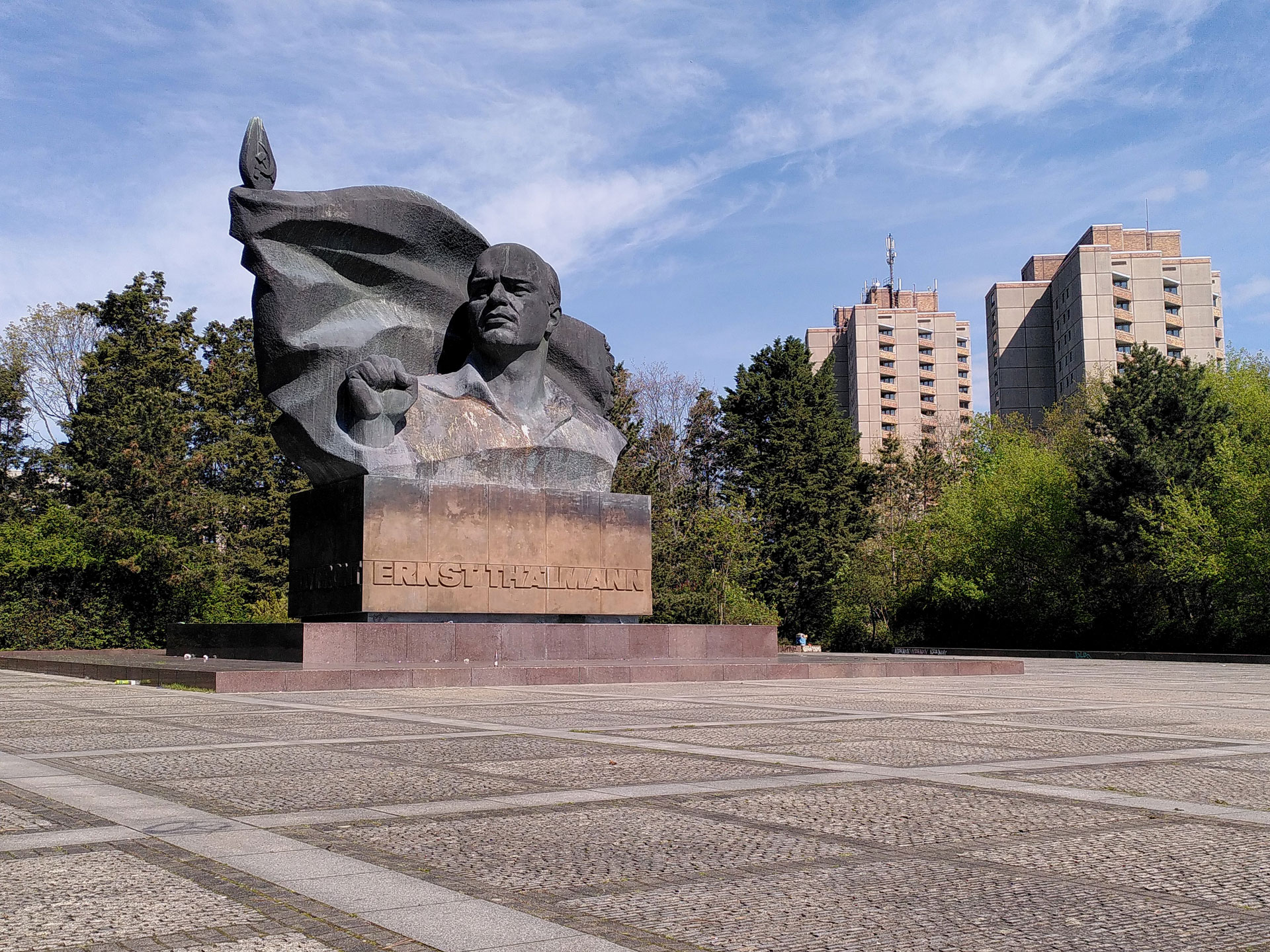Ernst Thälmann Company
In mid August 1943, in the small village of Slatinski Drenovac in northern Croatia, about 40 partisans formed the “Ernst Thälmann” Partisan Company. It was the only antifascist company founded during the Second World War that was composed of ethnic Germans. Among them, the most numerous were Croatian Volksdeutsche, ethnic Germans who had migrated to this region in the previous centuries, but also defectors from Wehrmacht units, including Austrians and Germans. The Company also included several local Croats. The man whose name was given to the Company was the Nazi–imprisoned leader of the German communists, and it was the second unit named after him, following the “Thälmann” Battalion of the International Brigades in the Spanish Civil War, composed of many German antifascist exiles. In 1944, Thälmann was executed in Buchenwald.
The Company, whose members were called “Telmanovci” (Thalmanites), was founded by the Second Corps of the People’s Liberation Army of Yugoslavia (NOVJ) with the aim of mobilizing the members of the German national minority into partisan units. The first commander was Rudolf Vaupotich. Later, a Bosnian–born veteran of the International Brigades, Hans Pichler, was appointed commander. Company members wore a five–pointed star and a black–red–yellow tricolor, the flag of the German Republic. As many of them died in combat, they were replaced by German fighters from other partisan units. Due to the low influx of new fighters, in late 1944 the unit stopped operating under its original name and received the same numbering as the other NOVJ companies. At that moment, there were only four or five partisans in the Company who had been present when it was formed. Of the hundred fighters who were in the Company for a longer or shorter time, only 10 survived the war.
In 1990, the “Sutjeska Film” from Sarajevo and the GDR’s “Deutsche Film” (DEFA) from Potsdam, co–produced a feature film on the Company, titled: “Let me be just a pigeon” (Volio bih da sam golub / Lass mich doch eine Taube sein). It is a drama about the fate of a merchant who found himself faced with a difficult decision: while his son is in the SS units, his daughter is a fighter in the Thälmann Company, and he has to decide which of the two sides to choose. But by the time the movie came out, the Berlin Wall was dismantled and Germany was on a path to reunification. The legacy of Thälmann, a leading proponent of the Stalinist line and policies in early 1930s Europe, came under scrutiny.
Nataša Mataušić, Robert Parzer & Vladan Vukliš



